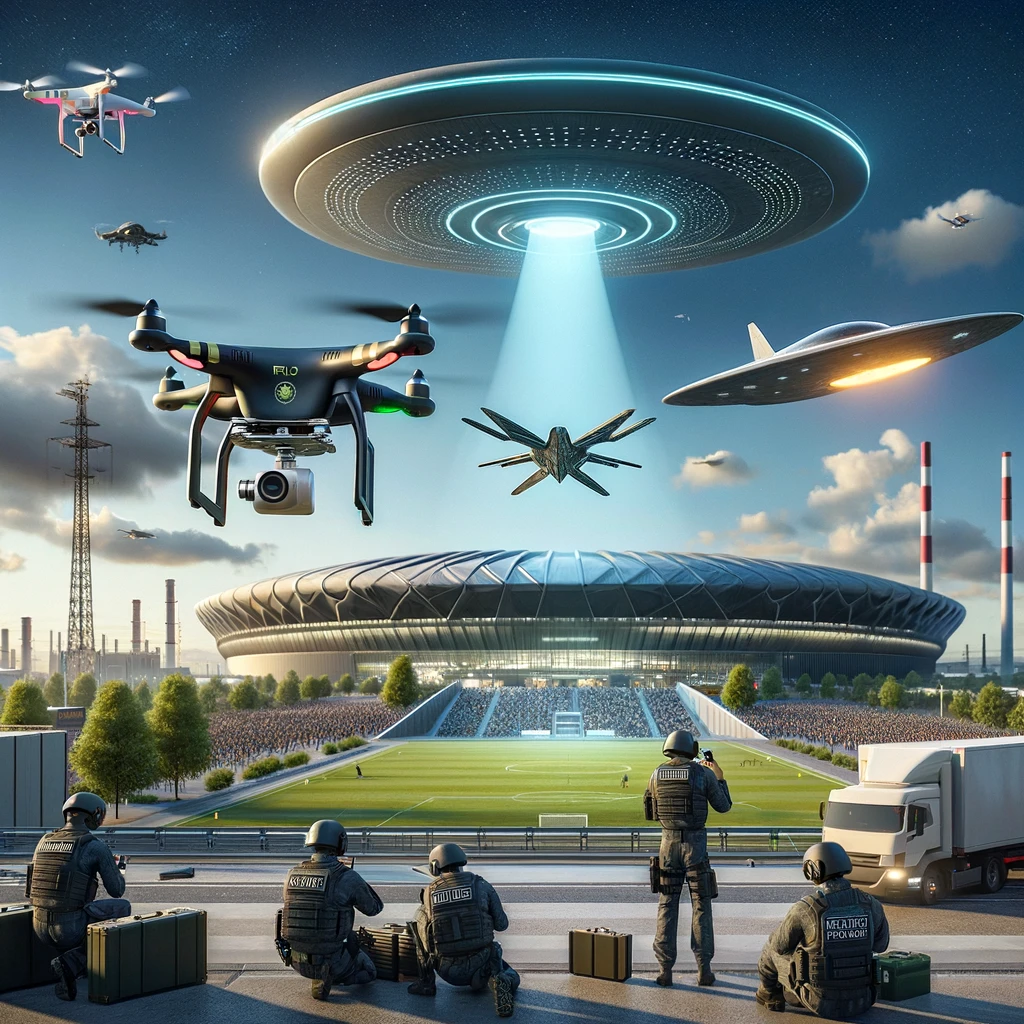Safeguarding the Homeland from Unmanned Aerial Systems

On December 10, 2024, the House of Representatives will convene in a joint hearing titled “Safeguarding the Homeland from Unmanned Aerial Systems” under the auspices of the Subcommittee on Counterterrorism, Law Enforcement, and Intelligence, alongside the Subcommittee on Transportation and Maritime Security. Held at 310 Cannon House Office Building, this hearing focused on the escalating challenges posed by unmanned aerial systems (UAS) and the measures needed to address these threats.
The first panel will feature Keith Jones, Deputy Executive Assistant Commissioner of Air and Marine Operations at U.S. Customs and Border Protection; Robert W. Wheeler Jr., Assistant Director of the Critical Incident Response Group at the FBI; and Brad Wiegmann, Deputy Assistant Attorney General for National Security at the Department of Justice. Their testimony highlighted the legal, operational, and security gaps in countering illicit UAS activities, such as contraband delivery into correctional facilities, unauthorized surveillance, and weaponization for terrorism or espionage purposes. Wiegmann emphasized the inadequacy of current legislation, urging the extension and expansion of counter-UAS authorities under the Preventing Emerging Threats Act of 2018.
The second panel brought insights from Cathy Lanier, Chief Security Officer of the National Football League; Paul Schwennesen, PhD, Co-Director of the Global Strategy Decisions Group; and Jeffrey Baumgartner, Vice President of National Security and Resilience at Berkshire Hathaway Energy. They discussed the implications of UAS threats on critical infrastructure, mass gatherings, and private sector resilience. Schwennesen provided a sobering analysis of UAS advancements drawn from recent conflicts, stressing the need for rapid adaptation of defense technologies to counter evolving threats.
This hearing underscored the bipartisan recognition of the growing vulnerabilities introduced by UAS technology. It concluded with a call for legislative action to expand federal and local counter-UAS capabilities, enhance interagency coordination, and address privacy and civil liberties concerns associated with UAS detection and mitigation efforts.
The witness testimony “Safeguarding the Homeland from Unmanned Aerial Systems” does not address the recent drone sightings in New Jersey or discuss unidentified flying objects (UFOs) or unidentified aerial phenomena (UAPs). Its focus is on the challenges and strategies related to unmanned aerial systems (UAS), commonly known as drones, particularly concerning their misuse and the legal and security measures required to counter such threats. The document emphasizes the importance of expanding counter-UAS authorities and enhancing interagency coordination to protect critical infrastructure and public safety. This meeting does not cover events like the New Jersey incident or look into topics related to UFOs or UAPs.

